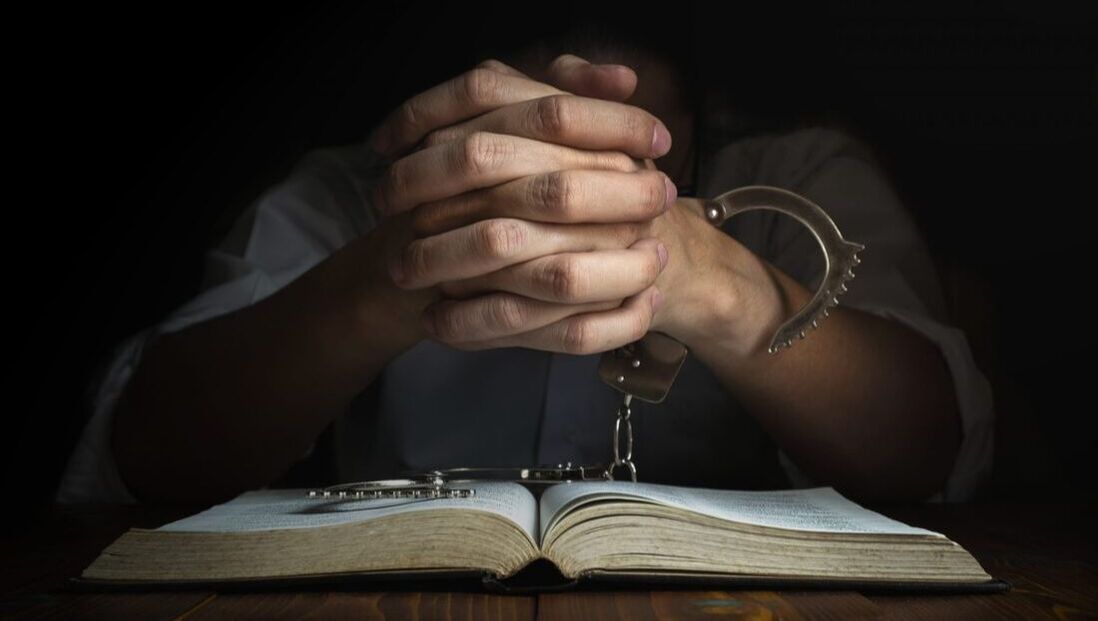|
Protect The 1st filed a brief today in Ramirez v. Collier, a case the Supreme Court will hear this November. Its brief urges the Justices to recognize a robust interpretation of a law Congress designed—in the Court’s own words—to provide “expansive protection of religious liberty.”
In this case, John H. Ramirez, a convicted murderer in Texas, has requested that his pastor be allowed to lay hands on him and pray while he is executed by lethal injection. The laying on of hands is an ancient tradition, one that is held to transfer the power of absolution and benediction from God. Texas rejected his request because, in its words, a law protecting religious observances for the incarcerated does not mean that the state “must accede to his every religious demand.” Ramirez counters that Texas would have his pastor “stand in his little corner of the room like a potted plant” and that “if he even breathes through his mouth, the warden may declare that” the pastor is “trying to utter prohibited words of prayer.” The greater significance of this case revolves around the Religious Land Use and Institutionalized Persons Act (RLUIPA), a statute that defines religious exercise “capaciously,” backed by many court interpretations favoring broad religious protections. “Some lower courts, however, have failed to understand the clear message from Congress that we should give broad leeway when it comes to the free exercise of religion by the incarcerated,” said Gene Schaerr, Protect The 1st general counsel. “They’ve seized on one undefined term in the statute, ‘substantial burden,’ to find ways to undermine the intent of the law. “There is more at stake in Ramirez than just the issue at hand,” Schaerr said. “The Court has a rare opportunity to make it clear to lower courts that they should respect the expansive and generous interpretation of RLUIPA that Congress intended for all incarcerated people. “The Court should recognize that government can substantially burden religion in varied and ingenious ways. It should go without saying that making it impossible to observe one’s faith at the moment one is killed by the state is as substantial a burden as they come.” Schaerr pointed to reasons for optimism about the outcome of this case. In February, the Court declined to remove an injunction halting the execution of an Alabama man who was denied the opportunity to have his pastor at his side in the execution chamber. In that case, Justice Elena Kagan filed a concurring opinion, joined by Justice Stephen Breyer, Justice Sonia Sotomayor, and Justice Amy Coney Barrett explaining that state action barring religious exercise must pass heightened judicial scrutiny. PT1st’s amicus brief also notes that in 2014 then-Judge Neil Gorsuch wrote that when the government prevents the plaintiff from participating in [religious] activity, giving the plaintiff no “degree of choice in the matter,” then that “easily” imposes a substantial burden on religious exercise. Comments are closed.
|
Archives
June 2024
Categories
All
|
ABOUT |
ISSUES |
TAKE ACTION |



 RSS Feed
RSS Feed